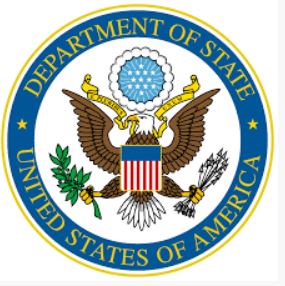
On April 19th, the U.S. State Department hosted a Columbia River Treaty Listening Session. Click here for prepared remarks by U.S. State Department chief negotiator Jill Smail.
Both the U.S. and Canada remain committed to the goal of modernizing the treaty before a change to “called-upon” flood control provisions take effect in September 2024.
If the treaty is not modernized, current provisions and an annually calculated cost to compensate Canada to assure flood control benefits would stop. A change to called-upon means the U.S. would request and compensate Canada for flood control operations as necessary. The economic, operational, and ecological uncertainties of such a switch are well documented.
Negotiators are currently pursuing an agreement in principle that would enable treaty modernization to begin implementation by September, 2024. Said Smail, “Resolving the remaining sticking points by June is ambitious, but the United States believes it is achievable. We have made significant progress. Although we still have tough issues to work through, we believe the uncertainty facing both countries in 2024 will continue to motivate both countries’ teams to reach timely agreement.”
The listening session accommodated 3 minutes of remarks from 25 speakers, which reports say is far fewer than those who had signed up for the one-and-a-half-hour session. Remarks continue to mirror tensions inherent in desires for a modernized treaty to accommodate ecosystem issues, rebalance the Canadian Entitlement (compensation), and continue to support predictable flood risk management.
Specific to Lake Roosevelt, Smail commented that “We are also working with the Tribes as they continue to work on the Upper Columbia United Tribes Phase 2 Implementation Plan, exploring where there may be opportunities for transboundary collaboration on salmon reintroduction in blocked areas on the mainstem of the Columbia.”
Learn more at the U.S. State Department Columbia River Treaty website.

